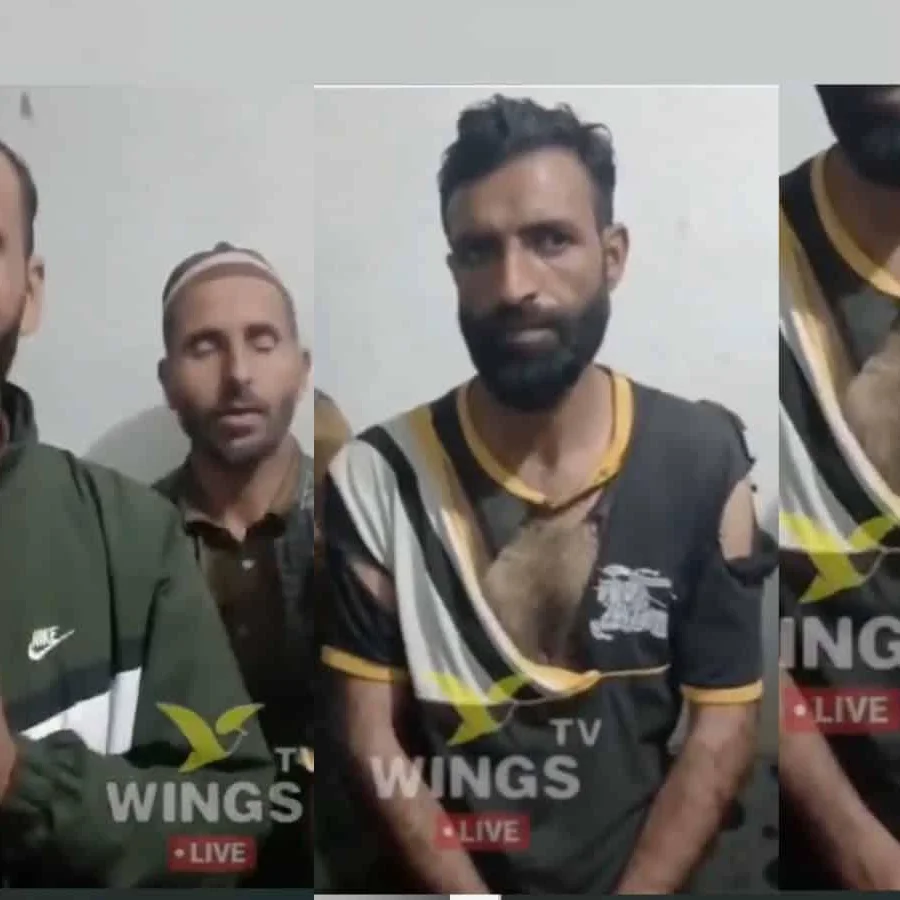A 32-year-old shawl seller from Kashmir, Fareed Ahmad, was recently the victim of a violent attack and robbery in the Kapurthala district of Punjab. This incident has sparked widespread concern and fear among Kashmiri traders who travel across India to sell their goods.
Details of the Attack
Fareed Ahmad, a resident of Kralpora village in the Kupwara district, was brutally assaulted during the robbery. Reports indicate that he was beaten, punched, slapped, and dragged by his attackers. In addition to the physical violence, the assailants stole valuable pashmina shawls, cash, and crucial documents from him.
The attack occurred while Ahmad was in Kapurthala to sell his shawls, a common practice for Kashmiri traders who rely on sales in various states to support their livelihoods. This incident has not only left Ahmad injured and traumatized but has also raised serious questions about the safety and security of other Kashmiri traders.
Police Investigation Underway
Following the incident, a First Information Report (FIR) has been filed, and the police have launched a thorough investigation. A police spokesperson stated, “We are treating this matter with utmost seriousness and are committed to identifying and apprehending the individuals responsible.” The police aim to bring the culprits to justice and reassure the Kashmiri trading community that their safety is a priority. It’s essential for traveling merchants to feel safe; read about safe travel tips to stay secure on the road.
Broader Concerns and Implications
This recent attack is not an isolated event. There have been previous reports of harassment and discrimination against Kashmiri traders in different parts of India. These incidents can have significant long-term consequences for the Kashmiri economy, which is heavily dependent on the trade of shawls and other traditional handicrafts. The economic well-being of many families in Kashmir hinges on the ability of these traders to conduct business safely and without fear.
The incident has put pressure on authorities to ensure that justice is served and that preventative measures are implemented to avoid similar attacks in the future. Protection of these traders is vital not only for their personal safety but also for the economic stability of the region they represent. Increased security measures and vigilant law enforcement are needed to prevent future incidents and foster a sense of security among Kashmiri traders working throughout India.
